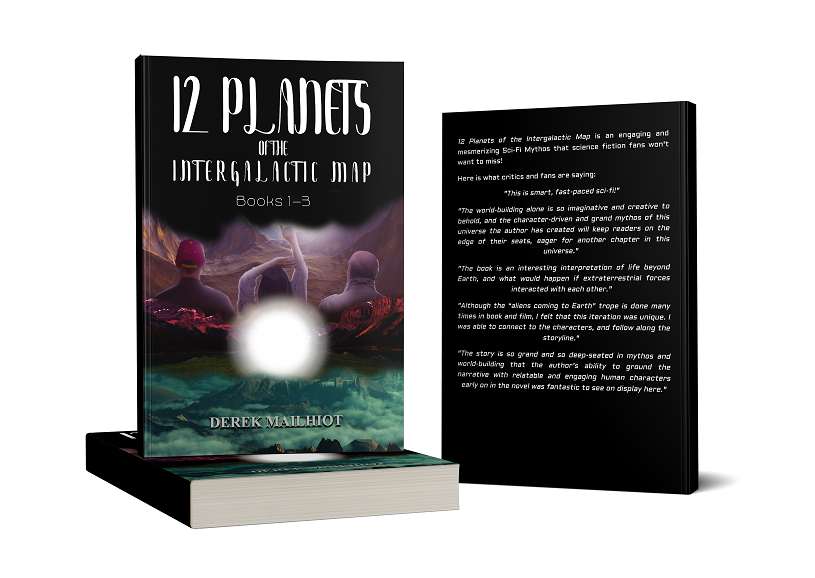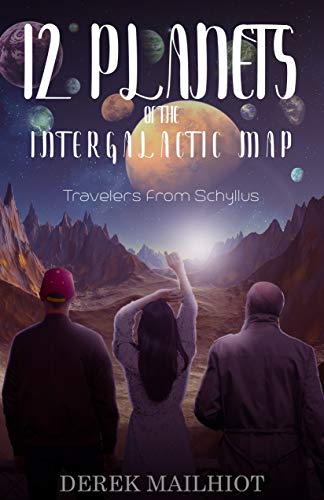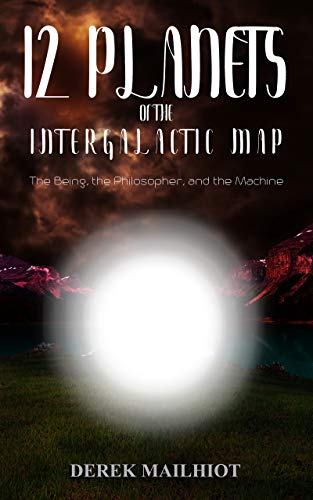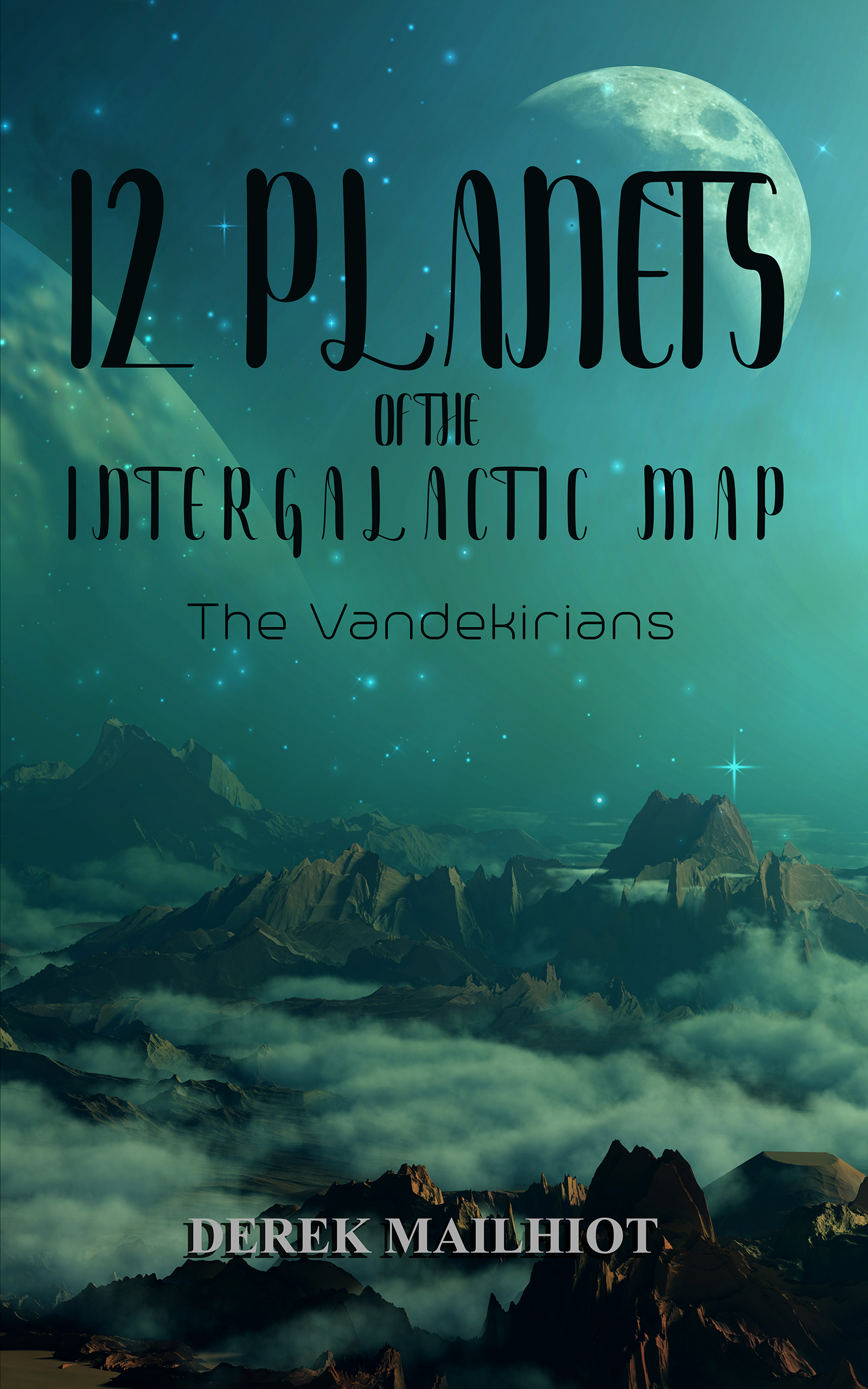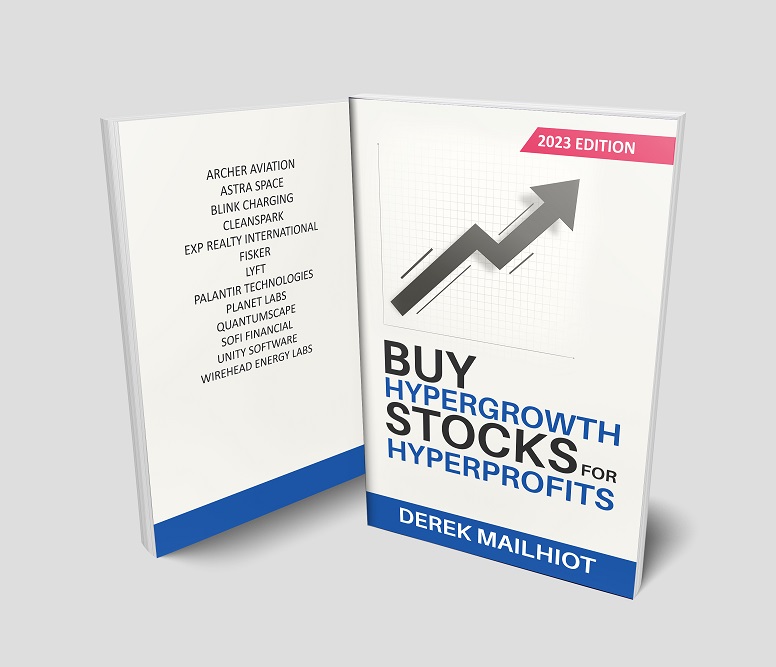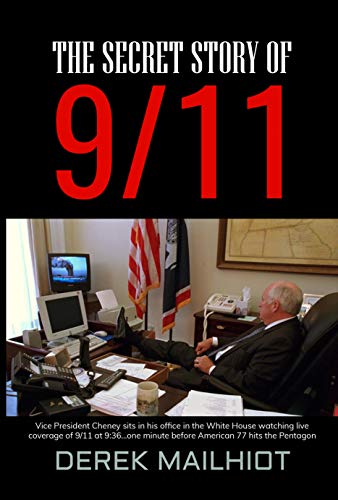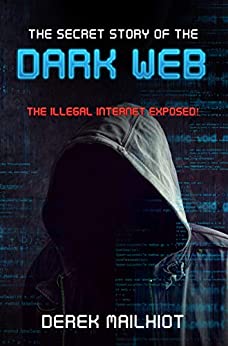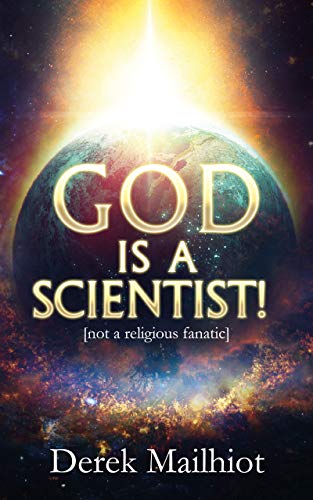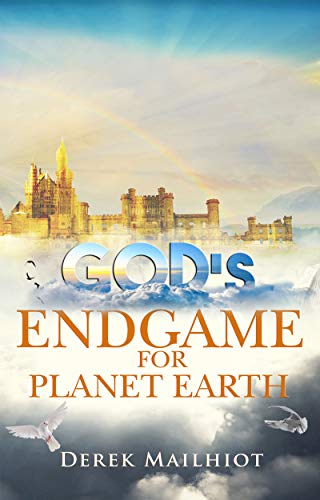
derek@mailhiot.ca

I studied economics at the University of Victoria, and religious studies at the University of British Columbia. I'm also very entrepreneurial, starting an internet company called InterWeb Connections in 1995, and a software development company called Wireheads Labs in 2002. In 2011, I invented an alternative energy device that is radically innovative and truly disruptive. I filed a Patent in 2011, and in my "spare time" I am working to develop a prototype in order to commercialize this exciting technology. I'm also a student of philosophy because I don't want to be fooled by the way things seem. Instead, I want to know what the world is really like, what's really going on in the world. This, it turns out, is a fundamental motivation for the philosopher: to discover the way the world really is. Philosophers do this by looking at the arguments and the evidence, evaluating them critically and carefully, making sure not to be led astray by the way things seem. Then, and only then, does the philosopher formulate a belief. Through careful reasoning, the philosopher can come to see the world as it really is, and break through the chains put on us by society that makes us see the world a certain way.
As a teenager, I read The High Frontier by Gerard K. O'Neill and have been fascinated by space colonies and everything space related ever since. I'm also a huge fan of science fiction — especially Dune — and I've taken up writing a science fiction series called 12 Planets of the Intergalactic Map. Why do I write science fiction? One of the big misconceptions about science fiction is that it is escapism entertainment for kids that doesn't tackle any serious themes. However, science fiction brings philosophy to the masses and allows people to grapple with important issues like nothing else does. There are societal problems that are often emotionally loaded. However, if those issues are recast in a science fiction setting, then pre-conceived notions and biases can be left behind and they can be re-evaluated anew. Science fiction authors not only address such issues, they advocate for certain positions on them. That intrigues me to write science fiction. When I'm not writing or reading, I can be found hiking on one of the many beautiful trails on Vancouver Island. I also like to travel, and have visited 19 countries. |

